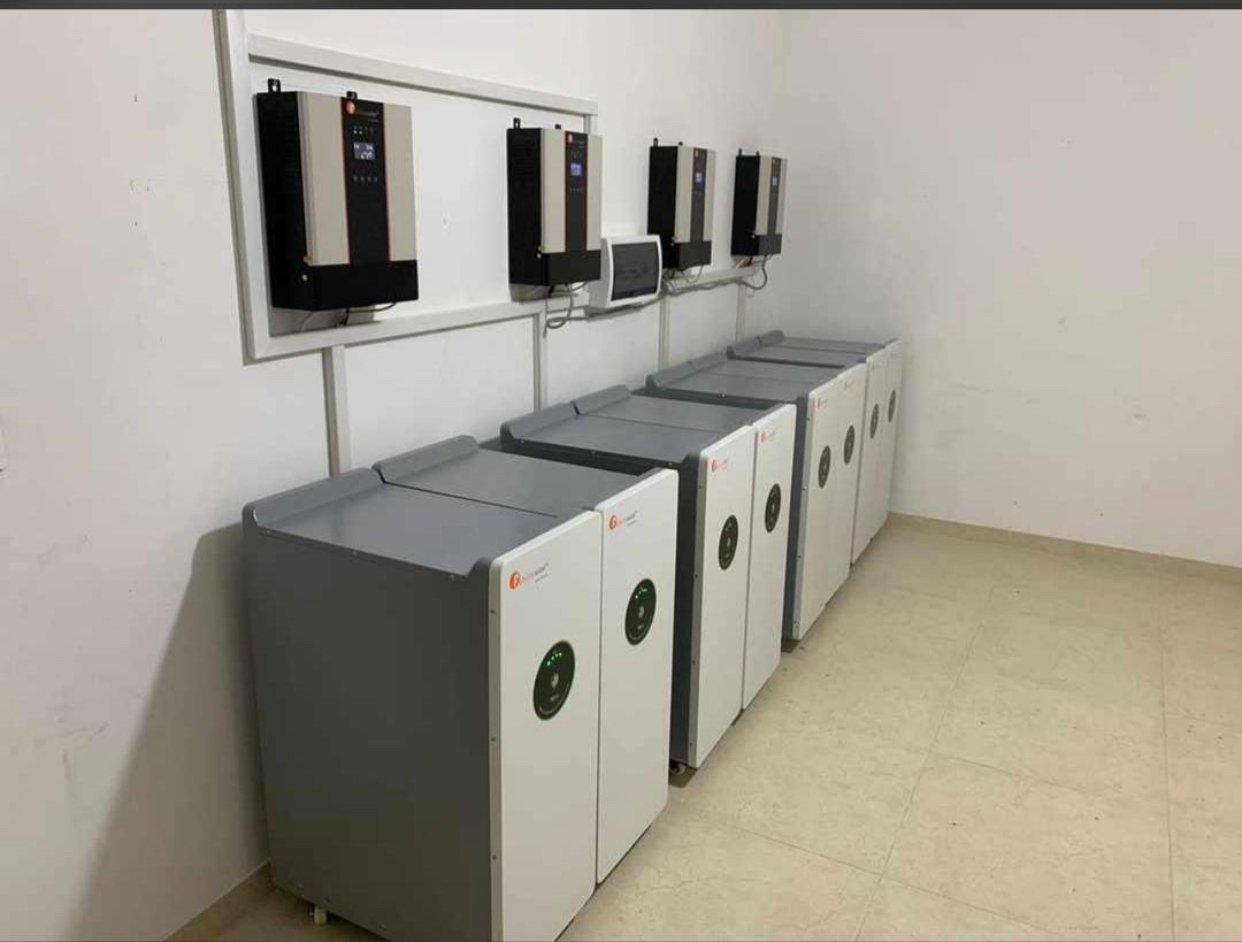Table of Contents
Practically no business can run efficiently without a power supply, and with the recent increase in electricity tariffs and constant fuel price hikes, Business owners are caught in an unpleasant puzzle.
“Let my business suffer or pay expensively for electricity.”
Today you are going to learn about solar power for businesses.
The benefits of solar power for businesses, solutions to your common concerns regarding solar power installation, and how to get started with solar power for your business.
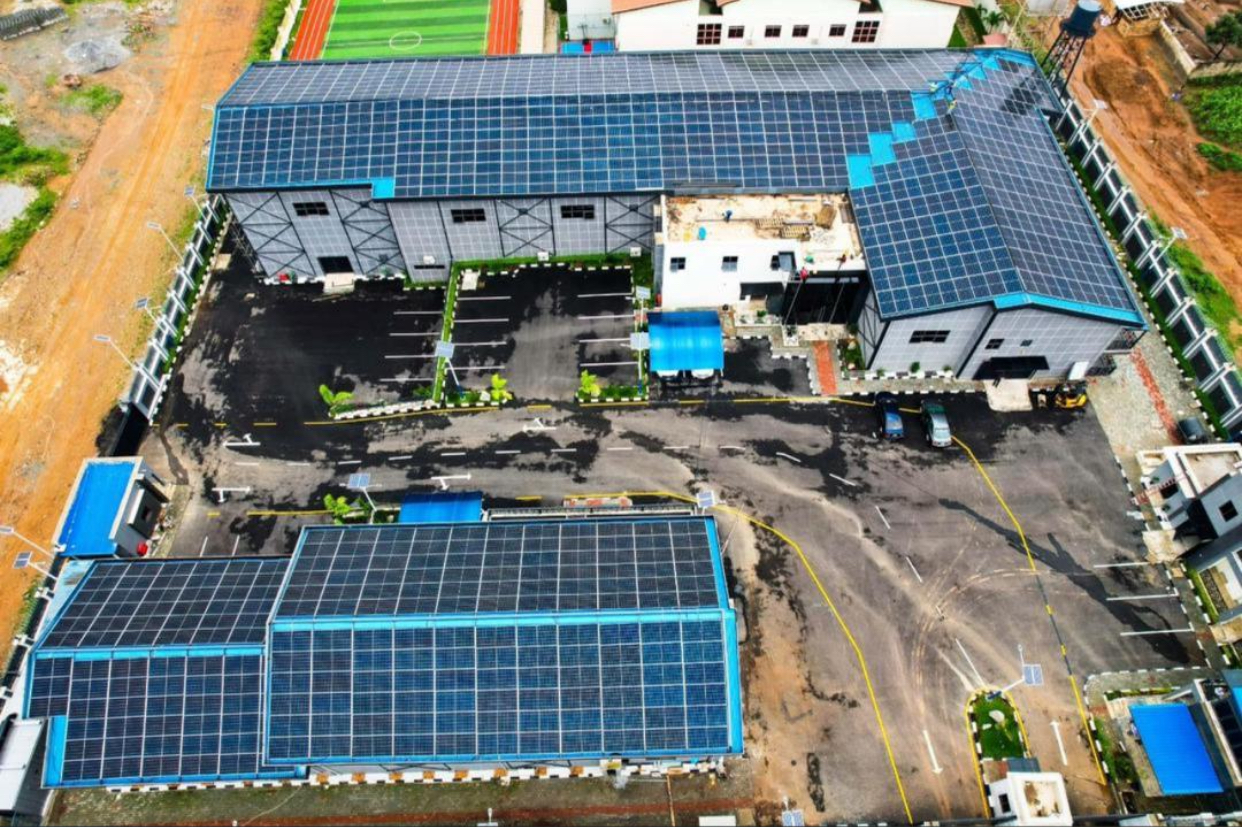
Without further ado let’s dive right in.
- 1. Financial Benefits of solar power for businesses
- 2. Operational benefits of solar power for businesses
- 3. Environment benefits of solar power for businesses
- 4. Long-term benefits of solar power for businesses
- 5. Technological benefits of solar power for businesses
- Solutions for common concerns business owners have when installing solar systems
- How to get started with solar power for your business
Benefits of solar power for business.
Here are the top 5 advantages of solar energy for businesses.
Financial Benefits of Solar power for businesses.
One of the most compelling reasons why you need to switch to solar energy for your business is the significant cost you save.
- Lower Energy Bills for your business:
As a business owner in Nigeria, you will always spend a significant portion of your monthly budget on electricity, either from the unreliable national grid or your petrol-powered generators.
With Nigeria’s abundant daily sunlight, being converted to electricity for your business.
You can offset your business’s monthly electricity cost by enjoying free and renewable electrical energy. Whether you are using it as;
- a reduction in your dependency on the national power grid.
- A total replacement to the national grid power supply, while you use a generator as your backup.
Your transition to solar energy will reduce your energy bills by up to 75% over time.
- Protection from Rising Energy Costs:
Electricity tariffs in Nigeria have been increasing steadily, while petrol prices on the other hand are growing daily due to subsidy removal, and currency fluctuations. By investing in solar energy, you will protect your business from these unpredictable increased costs.
- Low Electricity Maintenance Costs for your business:
Modern solar panels require minimal maintenance, often lasting 25+ years with proper care, unlike generators, which need frequent servicing and fuel. This makes them a cost-effective investment for businesses of all sizes.
This makes them a cost-effective investment for businesses of all sizes.
Example of financial benefit.
Now visualize this practical example. Assuming your business is a supermarket in Ikeja, Lagos.
You just installed a solar system in your supermarket, let’s analyze the financial benefits.
Assumptions:
- Average monthly power consumption: 550 kWh
- Band A Cost per kWh from the grid: ₦225
- Monthly electricity bill: 550kWh X ₦225 = ₦123,750
- Annual electricity cost: ₦123,750 X 12 = ₦1,485,000
Solar System Design:
To provide 550 kWh of power, the following components are required:
Component | Specification | Quantity | Unit Cost(₦) | Total Cost(₦) |
Solar Panels | 450W panels (5 hours/day) | 10 | 150,000 | 1,500,000 |
Inverter | 5 kVA (to match peak load) | 1 | 800,000 | 800,000 |
Batteries (Lithium-ion) | 48V, 200Ah | 2 | 950,000 | 1,900,000 |
Charge Controller | MPPT, 80A | 1 | 250,000 | 250,000 |
Mounting Structures | Aluminum | 1 | 200,000 | 200,000 |
Installation Cost | Labor and wiring | – | – | 350,000 |
TOTAL | 5,000,000 |
Payback Period = Annual Savings/Initial Investment = ₦1,485,000/₦5,000,000 ≈ 3.37years
Long-Term Cost Comparison:
Assuming the solar system has just a lifespan of 25 years:
Cost of Grid Power: Total Cost over 25 years = ₦1,485,000 X 25 = ₦37,125,000
Cost of Solar Power:
– Initial Investment: ₦5,000,000
– Maintenance (1% of initial cost/year): ₦5,000,000 X 0.01 X 25 = ₦1,250,000
– Total Solar system Cost over 25 years: ₦5,000,000 + ₦1,250,000 = ₦6,250,000
Savings:
Savings over 25 years = ₦37,125,000 – ₦6,250,000 = ₦30,875,000
Switching to solar energy is significantly more cost-effective in the long term.
After the initial payback period of approximately 3.4 years, the supermarket will save nearly ₦1.5 million annually, amounting to over ₦30 million in savings over 25 years.
Operational benefits of solar power for business.
Achieving energy independence is a critical operational advantage of solar energy for business, especially in Nigeria, where electricity supply is unreliable.
- Freedom from Power Outages:
With the Nigerian grid providing only an average of 6.6 hours of electricity daily nationwide, the possibility of your business having frequent power outages that can interrupt your business operations and impede productivity is high.
With an efficient Solar energy system, combined with battery storage, offering your business an uninterrupted power supply. Your business productivity with soar as it will ensure smooth operations.

- Protection from Fuel scarcity and price hikes:
Solar installations allow businesses to generate their own electricity, minimizing dependence on Petrol and diesel.This not only reduces operational risks but also shields businesses from the impact of price hikes and scarcity.
 This saves your business from constantly using its workers to get fuel daily, and most importantly during fuel scarcity periods. Saving them for more important work in your business.
This saves your business from constantly using its workers to get fuel daily, and most importantly during fuel scarcity periods. Saving them for more important work in your business.
- Cost Predictability:
By generating power on-site with solar, your business can gain control over its energy costs.This makes it easy for the financial departments of your business to predict, plan, and make better decisions.
 This is because your energy cost is fixed.
This is because your energy cost is fixed.
Environmental benefits of solar Power for businesses
One of the primary advantages of solar energy for business is the environmental benefit, especially in Nigeria.
- Reduction in Noise pollution:
With Nigeria’s epileptic power grid supply, businesses like yours have to depend on generators.The majority of these generators produce noise that disturbs your business operating environment.

- Decrease in greenhouse gas emissions:
Every single power generator that uses fuels like petrol, and diesels, produces and emits harmful gases that can be harmful to you, your staff, your neighborhood, and the overall climate.
 Contribute to a healthy society and protect your team’s health by using solar energy.
Contribute to a healthy society and protect your team’s health by using solar energy.
Long-term investment benefits of solar power for businesses
Switching to solar energy isn’t just a solution for immediate cost savings or just an operational advantages of solar energy for business; it’s an investment in the future.
it’s also a smart long-term investment with significant financial and operational advantages for your business. Here’s why:
- Durability and Longevity:
Solar panels are designed to last at least 25 years or more with minimal degradation.
This long lifespan ensures that your business continues to generate its own energy long after the system has paid for itself, delivering reliable returns on the initial investment.
- Competitive Cost Advantage:
With reduced energy bills, minimal maintenance costs, and protection against Rising Energy/fuel Costs.Suppose your business is being powered by solar. You can allocate the saved resources to growth initiatives (such as scaling operations, upgrading equipment, or marketing efforts), this enables you to price your products or services more competitively.
Your business will grow in the long term, with fewer expenses, more savings, and better pricing.
- Flexible Tailored System Sizes:
Solar installations can be customized to meet the specific energy needs of your business, whether it’s a small shop, a supermarket, or a large manufacturing facility.
Your business can start small and expand its solar capacity as its energy demands grow.
This makes it an ideal solution for operations of all sizes and stages of growth.
- Scalable Modular Design:
Solar systems are fundamentally modular. This can allow your business to add more panels or battery storage as needed.For instance, your business installs solar to provide 50% of its energy use today. After 1 year, we can scale up to 100% independence in the future without dismantling the existing system.

This helps your business manage its power system more efficiently in the long term.
- Competitive Operational Reliability:
A consistent and reliable power supply eliminates downtime caused by grid outages, which can help your business maintain smooth operations and meet customer demands without interruption.This helps you stand out in today’s competitive market, and crush all your competitors. Overall helping your business grow in the long term.
For Example:
You run a shoe-making company that consumes 500 kWh of electricity in a month, to power its operations.

By deciding you want to install a solar system to power 50% of your business electricity demands and scale it up to 100% after 1 year of usage (can be easily done due to solar modular design)
You put your business at a competitive advantage as you can meet customers’ demands at cheaper productivity costs and faster delivery time. Due to no more downtime in operation and no more energy costs affecting operations.
Due to no more downtime in operation and no more energy costs affecting operations.
Solar energy isn’t just a cost-saving measure, it’s a strategic asset for future-ready enterprises. Is your business one?
Technological Benefits of Solar Power for Businesses
The rapid evolution of solar technology has significantly enhanced its efficiency, reliability, and affordability, making it an even more compelling choice for businesses like yours in Nigeria.
- Adaptable Technology:
Solar systems can integrate seamlessly with your existing energy infrastructures, including the national grid and backup generators.
This flexibility ensures your business enjoys an uninterrupted power supply.
This ensures a seamless power supply during cloudy days or unexpected surges in demand.
- Smart Energy Management Systems:
Modern inverters come with monitoring tools that can now track real-time energy usage, fault detection, and optimization suggestions.
This enables your business to maximize the performance of its solar installations while minimizing downtime and maintenance costs.
- Durable and Weather-Resistant Materials:
Solar panels and associated equipment can withstand harsh weather conditions, including heavy rains and high temperatures, which are common in Nigeria. This durability ensures longer system lifespans with minimal degradation, increasing your return on investment.
This durability ensures longer system lifespans with minimal degradation, increasing your return on investment. - Enhanced battery Storage Solutions:
Your business’s solar system can include batteries for energy storage, such as lithium-ion and solid-state batteries.
With this, your business will have access to power even during non-sunny periods or at night.These batteries are more durable, compact, and have a long lifespan, improving the overall reliability of your solar system.
Solutions to Common concerns business owners have when installing solar systems.
Switching to solar energy can be a significant decision for your business, and it’s natural to have questions about costs, space, and maintenance.
Initial Installation Costs
Upfront Investment: While the initial cost of a solar installation for your business may seem high, it is important you consider it a long-term investment.
For many businesses like yours, the system pays for itself within 3-5 years through savings on electricity bills.
Financing Options and loans:
Banks and financial institutions offer solar installation loans while some solar companies in Nigeria offer flexible payment plans, such as leases, loans, and power purchase agreements (PPAs).
These options reduce the burden of upfront costs and make solar systems more accessible, here is a list of them.
Bank solar loans:
- FCMB Solar Installation Loan
- Access bank solar installation Loan
- Wema Bank solar installation loan
- Fidelity Bank Solar Installation Loan
- Bank of Industry solar installation loan
Solar companies:
Financial Institutions:
Space Requirements
One of the concerns you may be having is available space to cater for your solar system installation. Now here are a few ways it can be taken care of.
Solar installation customization:
Your business Solar installation can be customized to suit your location and scale. For example:
– Roof-mounted solar systems: Here your solar panel will be mounted on your unused roof space. – Ground-mounted solar systems: This is mostly used for large-scale energy needs, where a portion of land will be maximized to mount your solar panels.
– Ground-mounted solar systems: This is mostly used for large-scale energy needs, where a portion of land will be maximized to mount your solar panels.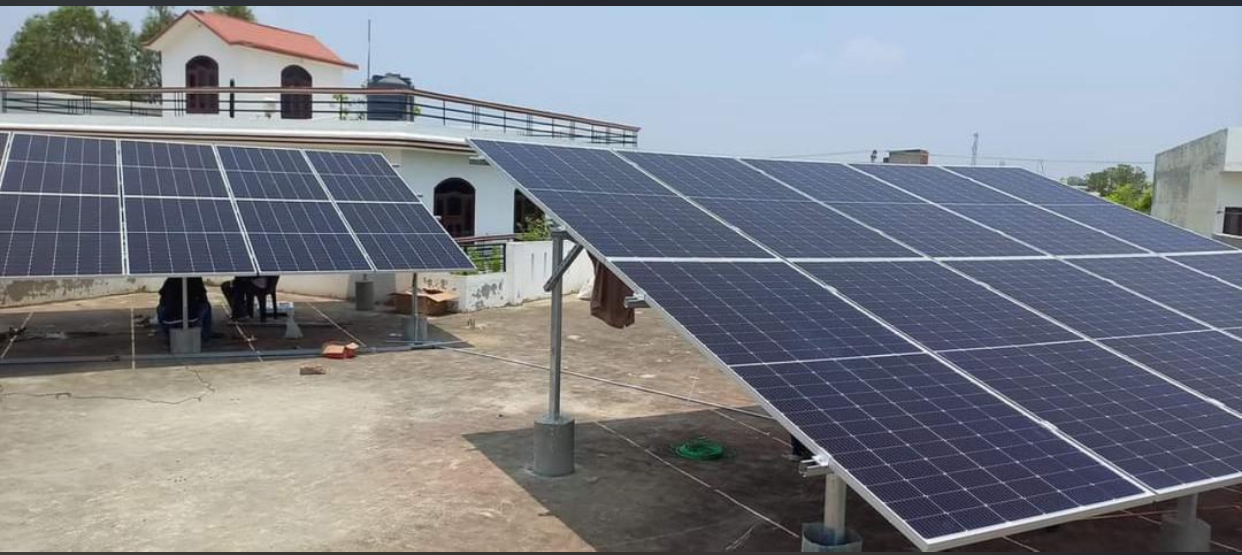
In this case your business designated land.
Maintenance and Lifespan
One common challenge you have faced while using your generators to generate electrical energy for your business is constant maintenance.
If you are wondering if you will face the same challenge with your solar system. No is the answer because solar systems come with features like.
Low Maintenance:
Solar panels require minimal upkeep, they only occasionally require cleaning to remove dust and debris.
Nowadays modern advanced systems come with monitoring tools to detect performance issues automatically.
Durable Design:
Most solar panels are built to withstand any kind of extreme weather conditions, such as heavy rain and high temperatures, this makes them suitable to serve your business in Nigeria’s climate.
Long Warranties:
Most Solar panels come with 25-year performance warranties, while inverters and batteries have warranties ranging from 5-10 years, ensuring long-term service for your business compared to your generators.
Your concerns about solar power for your business are valid but they are all manageable. Solar power is a long-term cost-effective power generation means for businesses of all sizes.
How to Get Started with Solar Power for Your Business.
Here are some quick steps you have to follow to transition your business to solar power.
Assess Your Energy Needs:
- Evaluate your business’s current energy consumption.
- Now decide how you want to use your solar power. (100% or 50% of your energy demands)
Research Solar Providers
- Look for Reputable Installers
- Compare Quotes
Explore Financing Options
- Full first-time payment
- Pay-As-You-Go Plans
- Grants and Incentives
- Loans and Power Purchase Agreements (PPAs)
Design and Install Your System
- Hire a professional to design and install
- Approve design
- Installation takes place
Monitor and Maintain Your System
- Use monitoring tools to track energy production and consumption
- Schedule Regular Maintenance and cleaning
Scale as Needed
Switching to solar energy is a step-by-step process that, when done correctly, delivers long-term financial and operational benefits.
By assessing your needs, partnering with a reputable provider, and planning for the future, your business can join the growing number of Nigerian enterprises thriving with solar power.
Here is a quick recap of the advantages of solar energy for business.
- Financial benefits: saves your business costs.
- Operational benefits: Helps your business operate better.
- Environmental benefits: Helps keep your business environment healthy.
- Long-term benefits: Helps your business scale.
- Technological benefits: Helps manage your energy usage better with advanced technology.
A switch to solar power for your business is a step in the right direction. Do so today and enjoy the benefits above.
Don’t forget to share this with a business owner today, and also let me know the benefit above, that will be the best for your business in the comments below.
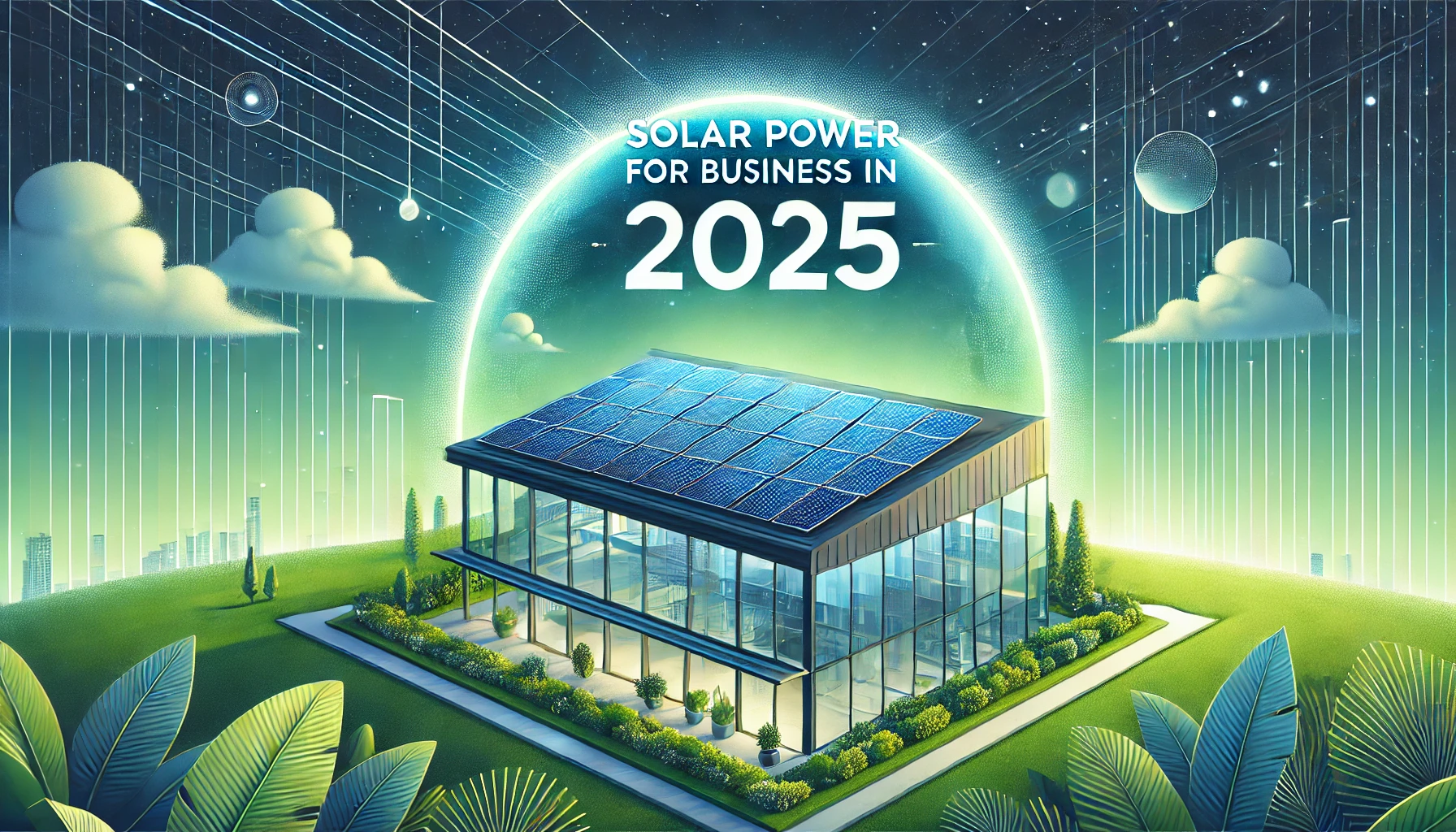
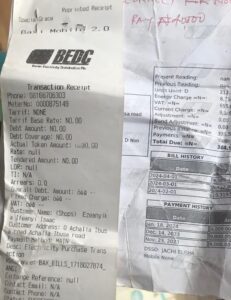

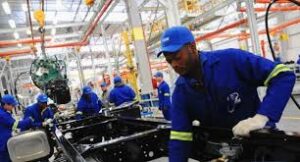
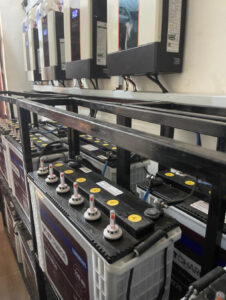
 This saves your business from constantly using its workers to get fuel daily, and most importantly during fuel scarcity periods. Saving them for more important work in your business.
This saves your business from constantly using its workers to get fuel daily, and most importantly during fuel scarcity periods. Saving them for more important work in your business.


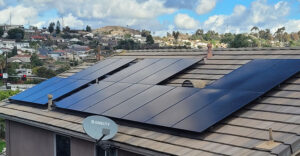
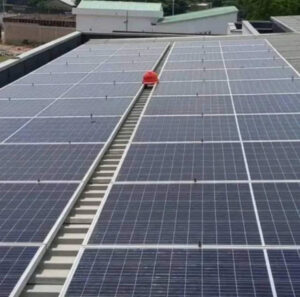

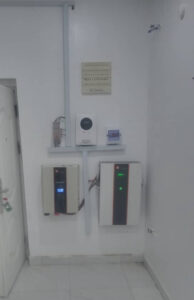
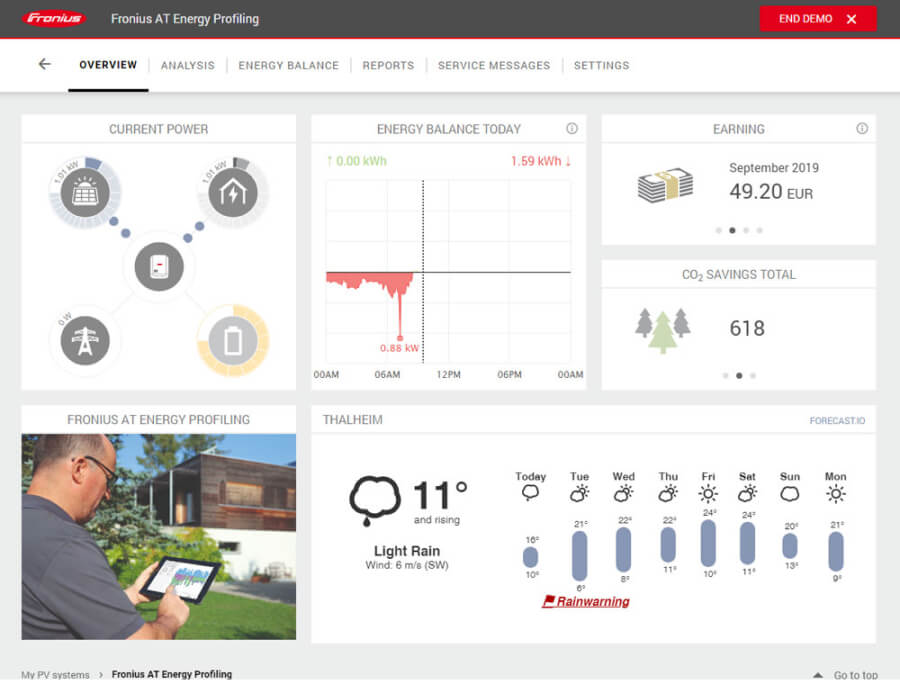
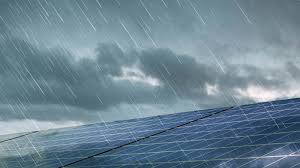 This durability ensures longer system lifespans with minimal degradation, increasing your return on investment.
This durability ensures longer system lifespans with minimal degradation, increasing your return on investment.